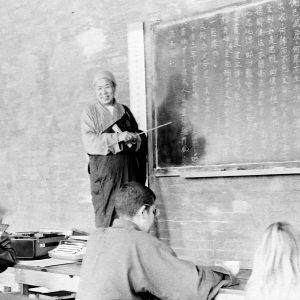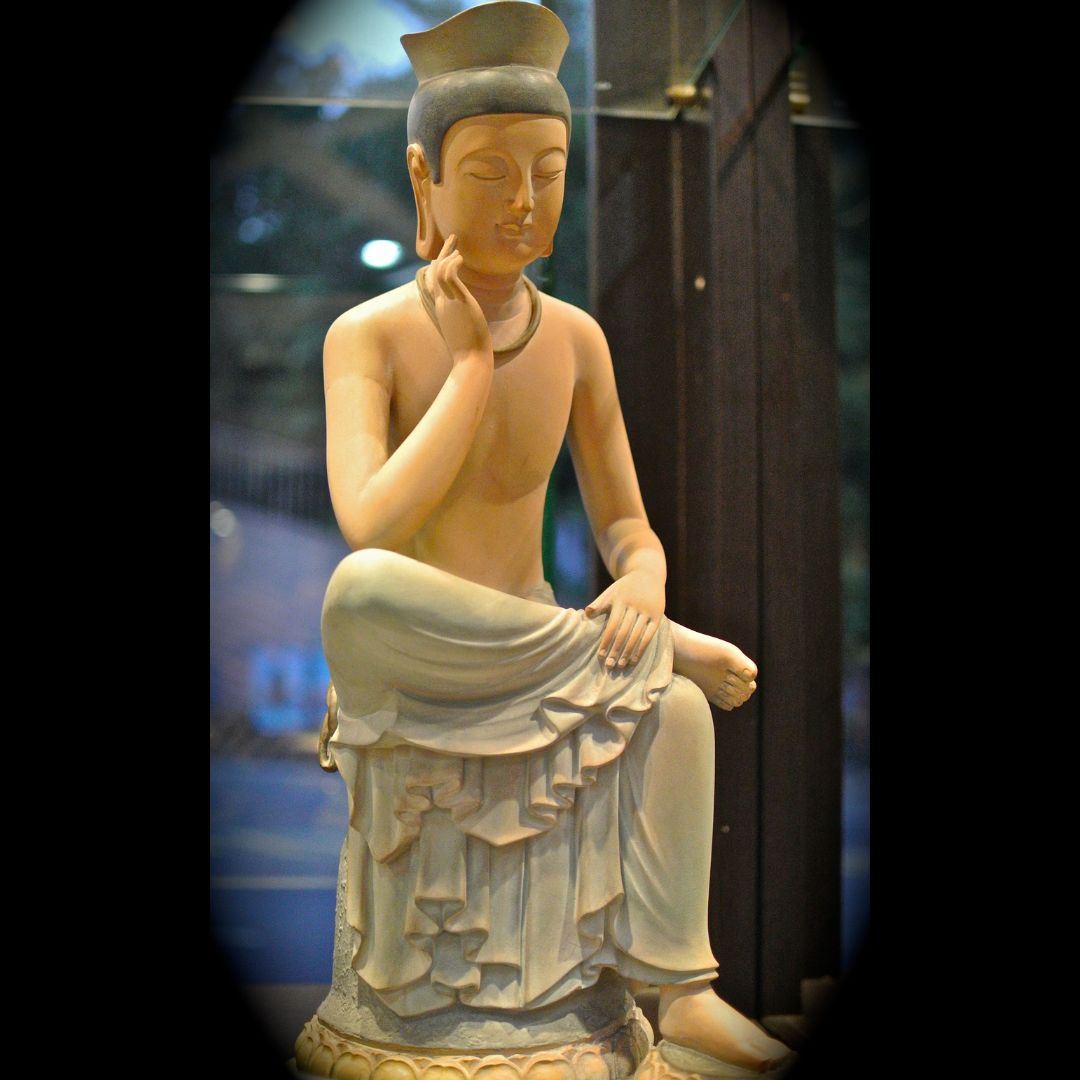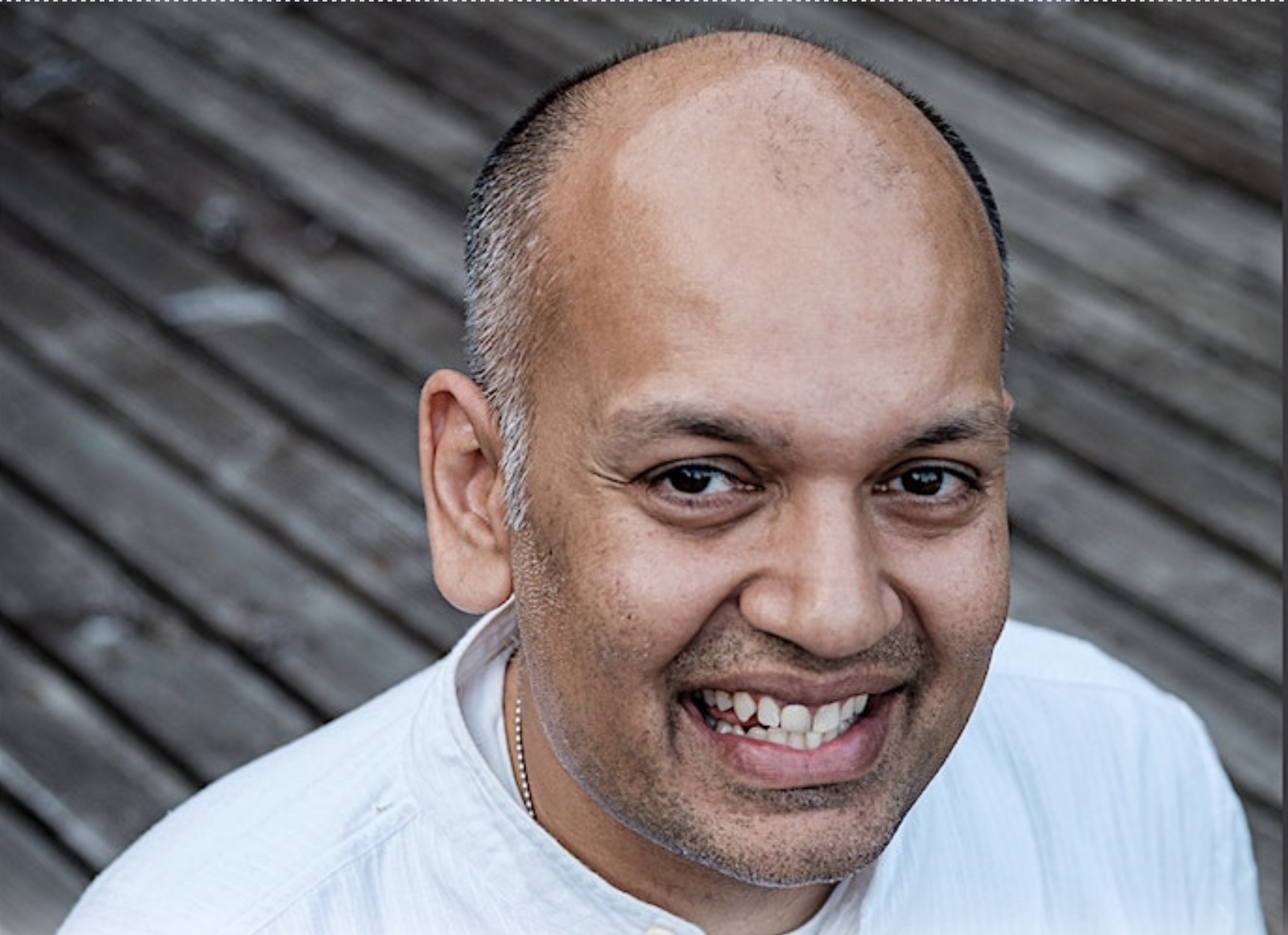
The following is an address to the Class of 2020 given by Dean of Academics, Professor Martin Verhoeven on June 6, 2020.
DRBU was established in 1976. It is now 44 years on, and yet, really just taking off. For universities, 44 years are just baby steps. Good universities take time to mature and show their worth, as is hinted at in the Chinese saying: “only when the road is long do you truly know the horse.” But time alone is not enough. Great universities have to offer and deliver something that is both timeless and timely. Timeless alone could just be old ways, received tradition, hoary habit; timely, however, demands that the timeless be kept current, alive, pulsing with meaning and relevance. Great schools need both.
The magnolia tree in my backyard is old; its bark is cracked and weathered bark. Yet every year it puts out incredible blossoms, fragrant flowers, that light up the neighborhood—not just once, but twice a year! Deep roots, good stock… generation after generation of stunning flowers. DRBU is the same. Master Hua planted a hardy tree; generation after generation of its student-flowers will light up the world. Why? Because he attended to the root: cultivating the whole person is the root of everything else. It’s said in the Dao De Jing (道德經):
The giant tree starts out as the tiniest shoot, the tallest tower starts out as a single brick, the longest journey starts with the first step.
The Master keenly observed and understood that colleges and universities inform and transform the people that have the most important and influential impact on society. All dimensions of modern life—government-political, economic, moral, military, technological, health, education, welfare—are shaped by higher education. All the key developments and directions of society, all the key decision-makers come from institutions of higher learning. Touch the mind and heart of a student, and you touch the future of the world. But he worried. He understood that knowledge is power. But this knowledge untempered by wisdom could confuse and disorder; this power unharnessed from virtue, could upset and even harm the world. So, he set about to create schools where nurturing goodness and virtue were totally interfused with acquiring knowledge and the power it confers.
From its beginning, DRBU was never just a place, or a school; it was and remains a state of mind, a tending of the heart. In some ways, it was so ancient as to be a forgotten model of education; and in other ways, so ahead of its time, few noticed. But now our small school is beginning to be noticed, and could find itself at the center of a debate taking place in America and worldwide. The debate turns of some simple but fundamental questions: What is a university for? What is a person for? What does it mean to be an educated person? And particularly what is the role of the humanities, a liberal arts education in the modern world? The answers to these questions are far from settled or agreed upon. In short, it is because these critical questions and issues have been ignored and shoved aside that we are now facing an existential crisis where the kind of education we most need at this point in our history is in danger of disappearing. We have nearly pushed to extinction genuine liberal arts learning right when we need it the most. Or to put it perhaps another way, we must ask: if our current model and trend in higher education is really producing the “best and the brightest,” how come the world is in such sorry shape? We boast of our progress, technological and material advancement. Yet, when we look more carefully at the fundamental dimensions of human existence: our inner well-being (psychological), our relationships socially with others (social), and our place in the larger natural world (environmental), we come up short. Progress should be made of sterner stuff, don’t you think?
I don’t mean to preach, but character and “moral leadership” are shockingly thin and almost totally absent today, right when we need them the most. Even though you can still find echoes (or lip service) to character formation and moral integrity in the mission and vision statements of the modern heirs of this classic learning tradition, they are just faint echoes, which mostly exist in the catalog, not in the classroom; on paper, but not embodied. And healing this unfortunate split between timeless and timely, the heart and the head, virtue and knowledge, is exactly why DRBU was created.
This is the “very old” timeless element of DRBU: it believes in a curriculum and pedagogy and faculty and staff and students that puts bright learning, character formation, ethical attunement, and critical thinking at the absolute center of education; of being fully human.
And the “timely”? You are the timely. What makes DRBU new is you. Yes, we are deeply rooted in this timeless ancient tradition of higher learning (da xue – 大學); but you make us timely. Students like you keep us on the cutting edge of the future, because as individuals you come here to examine your lives, to reinvent, renew, become new people, and that’s always fluid, dynamic, unexpected. You will change the very conditions in which we live in, not just conform to them. You come to DRBU not to be treated as “consumers” and “tools,” but to be instead of agents of your own destinies and as an independent creative cultural force. And just that is the timely! You are a testament to the priceless immediacy of a real liberal arts education. You are the evidence that this model is working. You were transformed, not merely trained. You are all very different— better people, more aware, clear (or, murky-in-a-good-way 🙂 ), caring, and empowered, focused, attentive, and overall, “bright with virtue and intellect” —than when you entered. Some schools are prized just because you were able to get into them (prestige); DRBU is more concerned with how you come out of it. (transformation)
A university should bring us back to what matters, endures, is worth inquiring about—the timeless. But it should also keep us on the razor’s edge: face-to-face with the pressing issues of our time and place (timely) —in touch with the very ground of our being, here and now, again and again. It should be a lighthouse in the storm, directing us back to the core of our humanity.
Our longer and deeper purpose: of “informative and transformative” learning, scholarship with character, and selfless service to the larger world. If we forget, our students, like you, will always remind us of what matters. I have always felt and continue to do so: it is students who make me a teacher, not the other way around. So, thank you, each and every one of you. And go well into your future.


